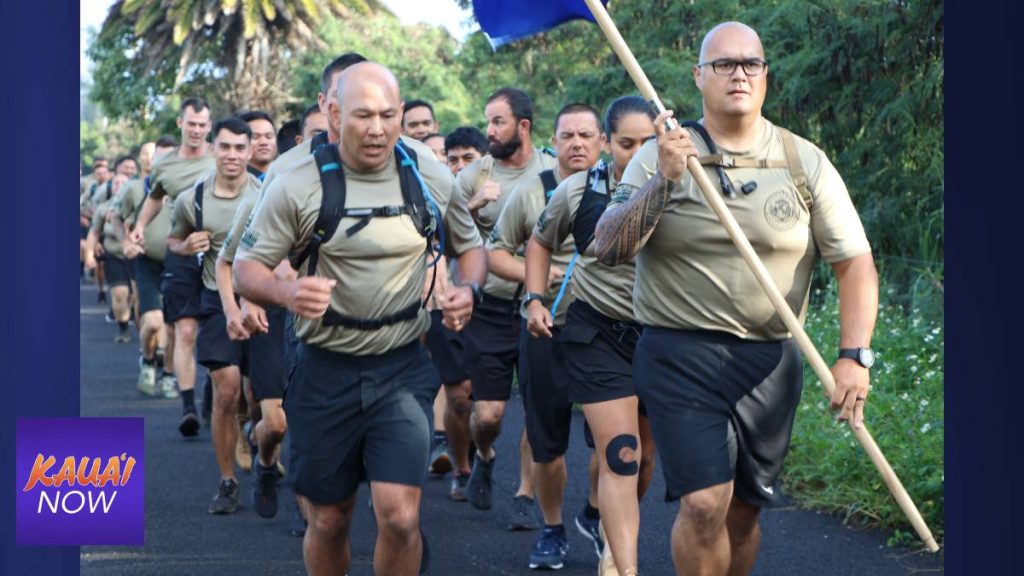Hawai‘i will see 42 new conservation officers join ranks across the state
The ranks of the Department of Land and Natural Resources Division of Conservation and Resources Enforcement, or DOCARE, will expand by 50% in mid-March, when 42 recruits will be commissioned as Hawai‘i Conservation Resources Enforcement Officers.
For the past seven months, 37 men and five women have been receiving intensive classroom instruction on a wide range of subject matters and issues they’re likely to encounter when they spread out across the state. Before they begin working solo, they’ll have another three months of field training under the watch of experienced DOCARE officers.
Their curriculum was developed in collaboration with the criminal justice program at Honolulu Community College, according to DLNR officials, who say it’s a nod to ensuring all CREOs receive formalized training in legal issues; state statutes and administrative rules; fishing and hunting regulations; firearms, watercraft and off-road vehicle operations.

DOCARE officers/CREOs have full police powers, though they concentrate on educating and enforcing natural and cultural resources rules and regulations.
Friday morning, the recruit class ran, walked, and did calisthenics during a physical training exercise to the Mokulē‘ia Forest Reserve on O‘ahu‘s North shore. Together they made the grueling 3-and-a-half-mile run and walk to the Peacock Flats campground, where Lt. Carlton Helm told them, “You know how many people fought to get to these positions (more than 500 applicants). This is a literal 42-in and 42-out. Everybody picked everybody up, because you’re all ‘ohana.”
Midway through the run, Helm got on his truck’s loudspeaker and offered words of encouragement. “This is your working environment, class. This is a lifestyle job, enjoy it, take in all these views,” he announced. DOCARE officers are responsible for enforcement of natural resource laws from mauka to makai.
All DOCARE branches on O‘ahu, Hawai‘i Island, Kaua‘i, and across Maui Nui will take on additional officers after graduation. DOCARE Enforcement Chief Jason Redulla said, “We are deeply indebted to the state legislature for recognizing the need for additional resources to protect our natural resources, by providing the necessary funding to stand-up the academy.”
The recruits’ classroom training ends in a few weeks and then they will rotate through a series of field training exercises focused on ocean safety, watercraft and ATV/off-road operations. During their final academy days, they’ll go through scenario-based training. The 2022-23 DOCARE Academy graduation ceremony is scheduled for March 17.



